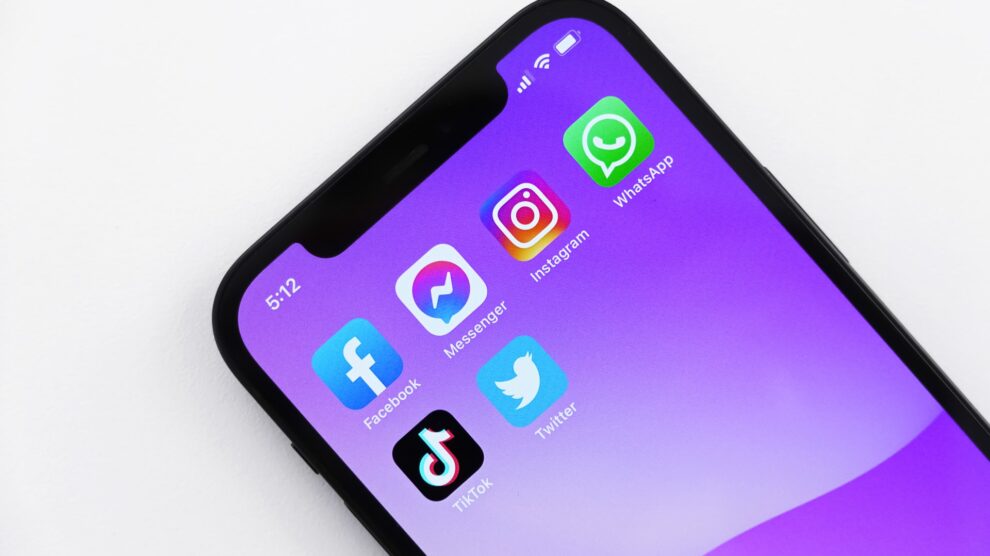The gambling and social media industries are two of the biggest and most profitable in the world. We see the reminders of these giants everywhere. Social media are spread all over the news, TV, radio and, of course, our smartphones. Moreover, we see many casino adverts and a huge array of sports teams and athletes are sponsored by gambling sites. But, did you know that social media sites such as Facebook and Twitter can owe much of their popularity to the gambling industry?
The gambling industry has been prevalent for decades. It utilizes a myriad of techniques and catchy phrases such as “Free games offered”, or “iPhone casino no deposit bonus engaged”. Many of these techniques use psychological tricks that subconsciously affect how we think and act. Social media platforms have cottoned on to the success of these tricks and used them to great effect in their own ways.
In this article we look at what these tricks are, and how both industries implement them.
1. Online gratification – Social affirmation
Casinos have many ways in which we can give gratification and social affirmation to others. You can congratulate others on their winning, for example. This social affirmation is a potent psychological tool and is used greatly by platforms like Twitter and Instagram. How? Think of these things – Facebook has the “like” button, Twitter has Re-tweets – you can also like other people’s Instagram pictures. These are all examples of social affirmation. It is something we thrive on – who doesn’t love to receive a like on their photos?
2. Continual investment
The feeling of continual investment is present in both social media and online casinos. The gambling industry has used this technique for years. When gambling we make a continual investment and we seek to reaffirm our own choices too.
If we stick with a certain hand of cards, for example, we convince ourselves that the investment is worthwhile and that the cards will win. In addition to this, when using online casinos, we build up our funds and try to win as much as possible – we invest in our account and its balance – this makes it difficult to stop and walk away. This is true for social media as well – we build our social media profiles and kit them out with pictures and details of our life. Since we have put so much effort into these profiles, it becomes difficult to stop using them.
3. FOMO Hysteria
FOMO = Fear of Missing Out. This is not a new phenomenon but the phrase has certainly exploded in usage in recent years. Casinos and sportsbooks have used FOMO for many years and created a hysteria that urges gamblers to continue using their sites. This could be through promotions, favorable welcome bonuses, or even emails showing all of the great games and prizes available.
Social media does this also – just look at the Facebook news feed, for example. We scroll through our news feed, and seeing what everyone else is doing (e.g. challenges, flash mobs, etc.) instills a sense of FOMO. We then continue using the platform so that we don’t miss out.
4. Luck and unpredictability
Gambling rewards and games are based on luck, mostly. You can improve your odds in certain ways, but unpredictability is the norm. This is actually intentional. That sense of unpredictability is what we crave and what drives us. When placing a bet on Red on the roulette table, we don’t know whether we will win or not – it is exciting.
Social media platforms use this sense of unpredictability too. When you create a post on Facebook, how many people will like it, or leave a comment, or share it? We get a buzz from considering the potential likes and love we could receive.
5. Competing against others
A sense of competition is a psychological trick used in many industries. We thrive on competition – it drives us to greater heights. In the gambling industry, this sense of competition is achieved through live dealer games – where you actually play against other people – it can be a rush.
On social media platforms such as Instagram and Twitter, we are unwittingly competing against our friends for likes and popularity. We check how many likes and comments we have had, and look at other people’s profiles in comparison – this form of competition keeps people glued to their smartphone screens.
6. Salience
Our brain filters out much of the content we read on a daily basis. This is why both online casinos and social media use salience to great psychological effect. Salience is to do with being noticed and creating a continual reminder in our brain. This is achieved through push notifications such as promotional emails, pop-up messages on our smartphones and more.
A casino, for example, could send push notifications when a new game is released, or when a high stakes tournament is available. Social media platforms can provide salience through notifying when your friends and family members make new posts. This repetition and the constant reminders are hard to break away from.
7. Reciprocation
If someone likes your Facebook post, you are more likely to reciprocate and like something of theirs. This is a hugely successful tactic and has been used by the gambling industry for years. One way they achieve this is through referral programs – refer your friend and receive an $X bonus. In this instance of reciprocation, both parties will gain bonus funds. Social media does exactly the same but has ramped up the technique to much higher levels.
Conclusion
So there you have it – social media platforms are simply borrowing what has already been used before. The gambling industry uses psychology to its advantage. The devices, features, and words used by these websites really can alter how we act. Social media has looked at the success of the gambling industry and used these tricks also to boost usage and prompt people to continually log in and check their news feeds.





